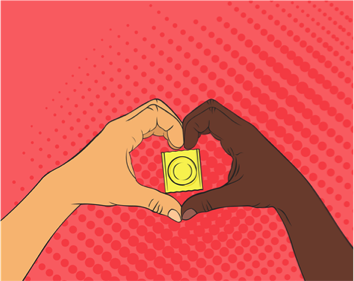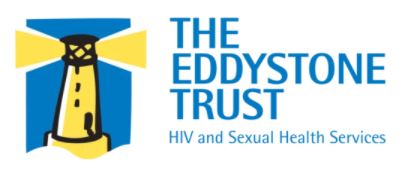Sexually transmitted infections (STIs) are passed from one person to another during sexual activity. This could be oral, anal, vaginal sex, or any kind of genital skin-to-skin contact with another person. Safer sex means thinking about the risks involved and trying other things instead. We’ve put together some ideas about different types of sex and how risky they are to help you decide.


